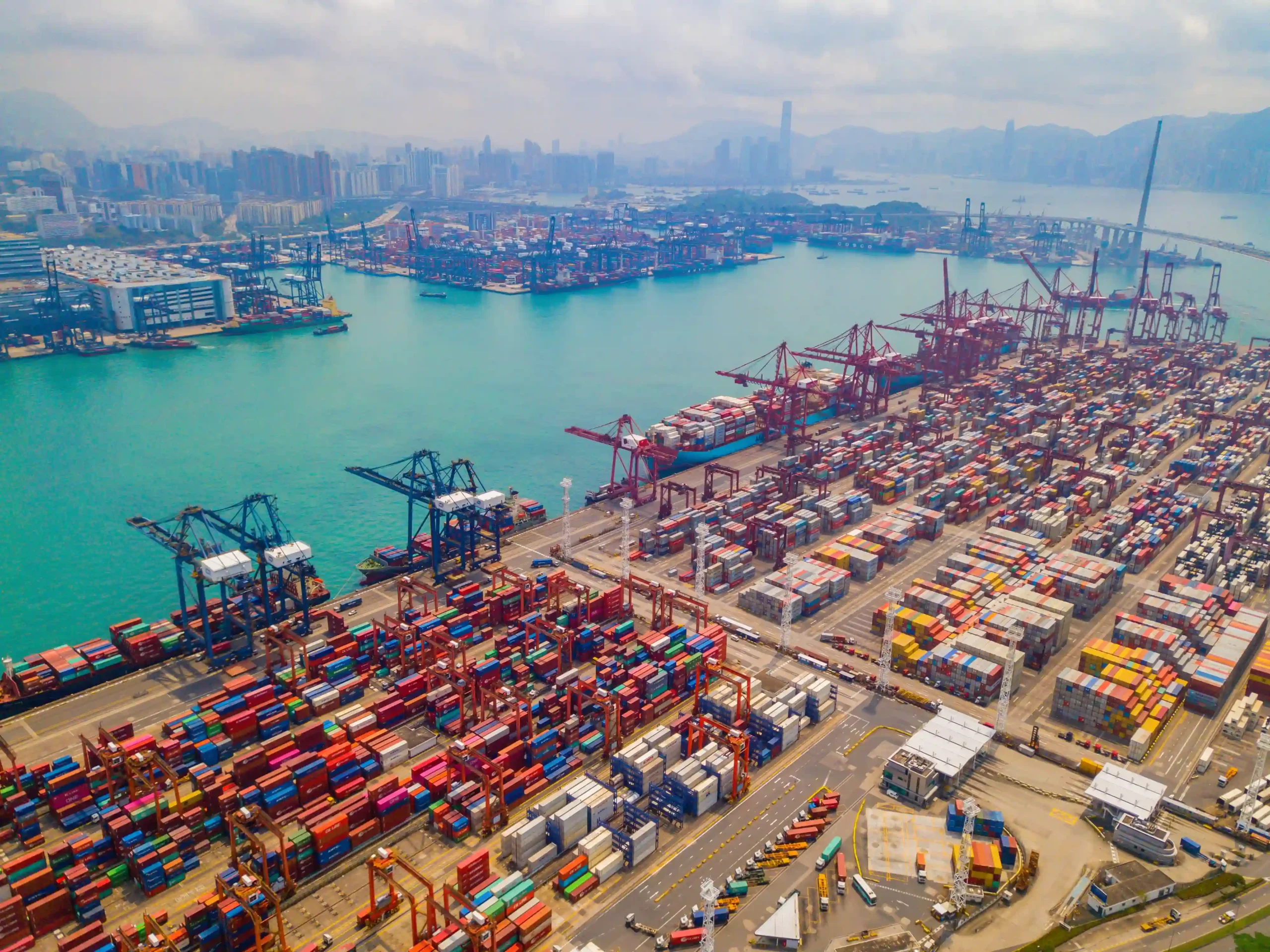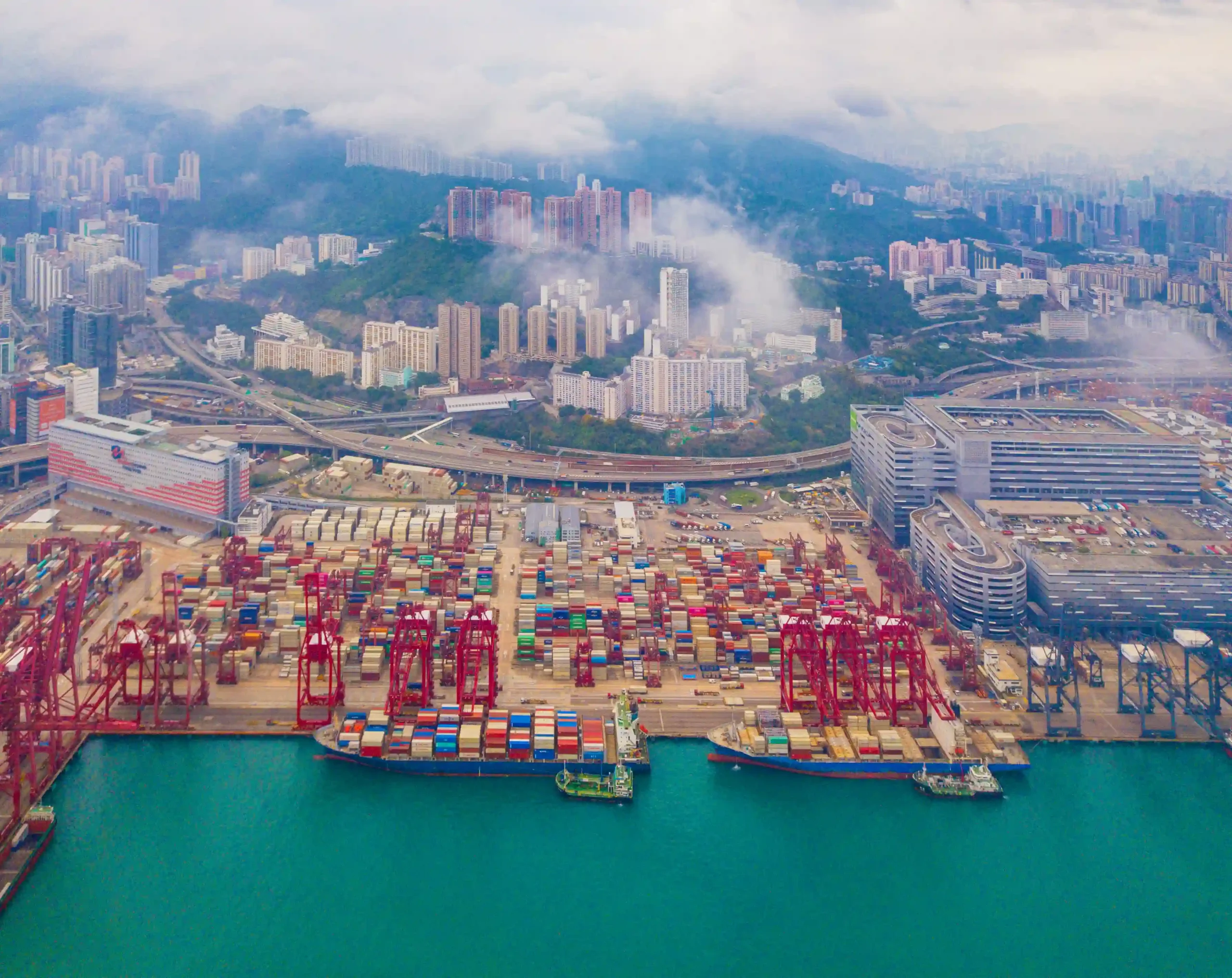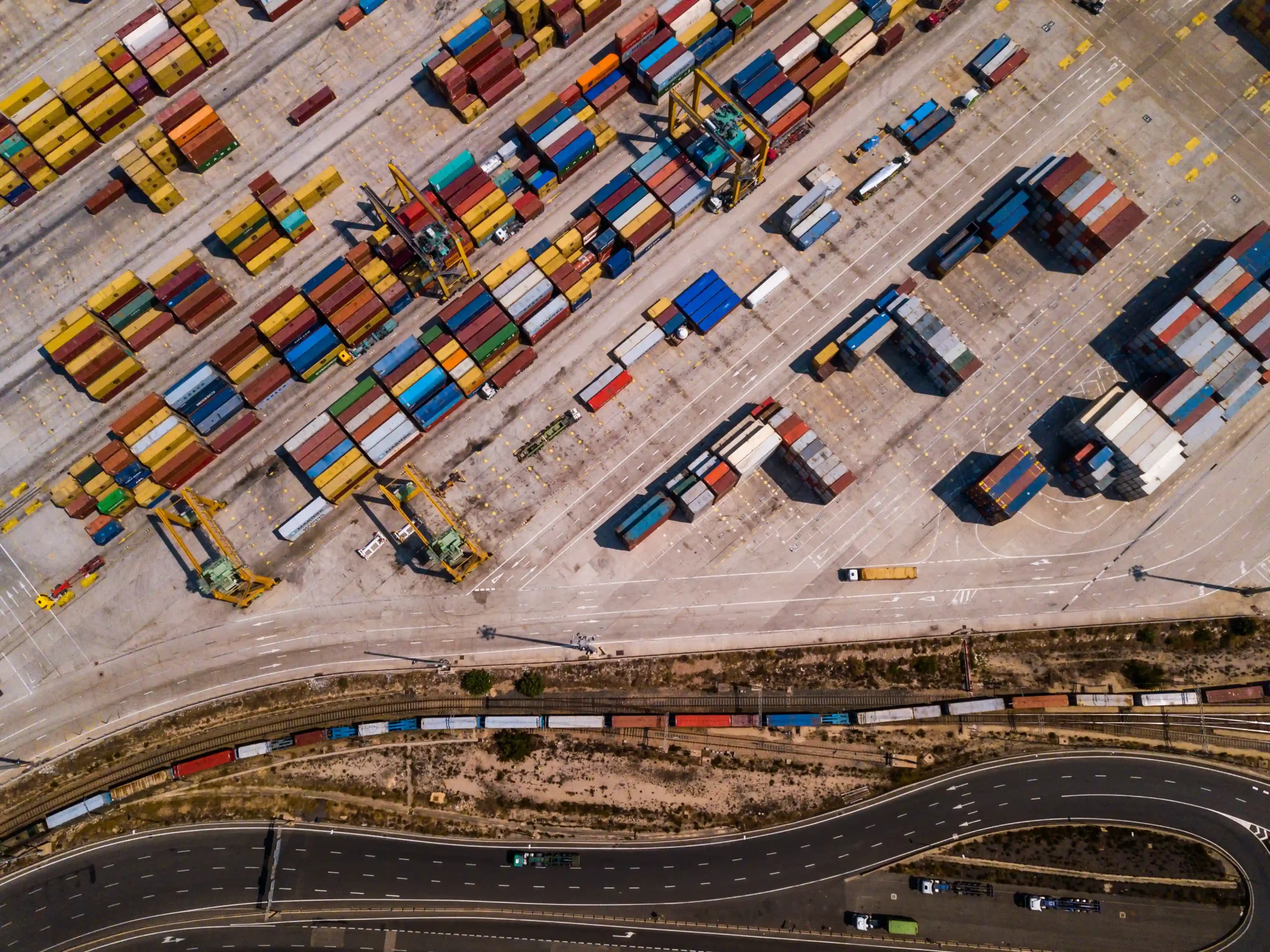At its core, duty deferral and tariff inversion (FTZ) are strategies businesses use to legally reduce their costs when importing goods into the United States. A Foreign Trade Zone (FTZ) is a secured, designated location where imported goods can be stored, processed, or manufactured without immediately incurring import duties.
Duty deferral means companies don’t have to pay duties until their goods are moved out of the FTZ and into the U.S. market. This can significantly improve cash flow, especially for businesses that import high-value goods.
Tariff inversion allows manufacturers to pay duties at the lower rate of the finished product rather than the higher rate of individual components. This means a business assembling go

Imagine running an automotive business that imports engines, transmissions, and electronics. If you bring these components directly into the U.S., you’re required to pay import duties immediately, tying up your capital before you even sell a single product.
However, if you store these components in an FTZ, you can delay those payments until you sell the completed vehicle. This not only frees up working capital but also allows businesses to invest in other areas like R&D or inventory expansion.
For companies with long production cycles, this duty deferral is a game-changer. Instead of paying upfront, companies can time their duty payments with actual sales, reducing financial strain.
Businesses importing high-duty goods, such as apparel, pharmaceuticals, and technology products, find FTZs particularly valuable in improving cash flow management.
Some industries pay higher import duties on raw materials than on finished goods. Tariff inversion corrects this imbalance by allowing businesses to apply the lower duty rate of the finished product when components are imported into an FTZ.
For example, an automaker that imports car seats, dashboards, and airbags separately may face higher individual tariffs than if they were importing a fully assembled car. By manufacturing or assembling within an FTZ, they can choose to pay the lower duty rate of the final product rather than the combined, higher duty of the components.
This is also true for electronics manufacturers assembling products like smartphones, computers, or home appliances. By leveraging tariff inversion, they save significantly on import duties, which in turn reduces manufacturing costs and increases profit margins.
While nearly any business that imports goods can benefit from duty deferral and tariff inversion (FTZ), some industries gain the most from these advantages.
Industry | Benefit |
Automotive | Lower duty costs by assembling cars in an FTZ instead of importing parts separately. |
Pharmaceuticals | Avoid import duties on raw materials for drug manufacturing. |
Technology | Reduce tariffs on components used for assembling laptops, smartphones, etc. |
Retail/Apparel | Defer duties on imported inventory until products are sold. |
Aerospace | Eliminate duties on defective or scrapped aircraft components. |
At Tri-Link FTZ, we work with businesses in automotive, pharmaceuticals, retail, and electronics, helping them navigate FTZ regulations and maximize savings. Read more here.

Many businesses assume Foreign Trade Zones (FTZs) function similarly to bonded warehouses or duty drawback programs, but the differences are substantial. While bonded warehouses allow businesses to store imported goods without paying duties until they leave the facility, they have strict time limits.
Most products must leave within five years, and bonded warehouses do not allow manufacturing or significant processing of goods. In contrast, an FTZ offers more flexibility.
Goods can be stored indefinitely, and businesses can assemble, manufacture, and repackage products within the zone. Additionally, FTZs provide more control over supply chains, allowing companies to move goods between FTZ locations without incurring duties.
Unlike duty drawback programs, where companies must apply for a refund after exporting goods, FTZs eliminate unnecessary duties upfront, avoiding cash flow delays and paperwork burdens.
At Tri-Link FTZ, we’ve helped countless businesses maximize duty savings by leveraging duty deferral and tariff inversion (FTZ) strategies. One example is a U.S. automotive manufacturer that was paying a 10% import duty on engine components, while fully assembled cars carried only a 2.5% duty.
By shifting operations into an FTZ, the company reduced its duty rate to 2.5%, cutting import costs by 75% and improving profit margins. Another case involved a footwear company importing thousands of shipments annually.
Outside an FTZ, they were paying an MPF (Merchandise Processing Fee) on every single shipment, costing them over $1.4 million annually. By transitioning to weekly entry processing within an FTZ, they consolidated shipments and reduced MPF costs dramatically.
A third example is a pharmaceutical company that imported raw materials for drug production. By using an FTZ, they avoided paying duties on materials used in exported products, eliminating over $500,000 in unnecessary costs annually.
The process of obtaining FTZ designation can seem overwhelming, but with the right guidance, businesses can get up and running quickly. At Tri-Link FTZ, we assist companies through every step of the FTZ approval process.
The first step is determining eligibility. Businesses must be within 60 miles of a U.S. Customs Port of Entry and meet compliance requirements.
Next, a formal application is submitted to the U.S. FTZ Board, detailing the business’s operations and intended use of the zone. After approval, companies must activate their FTZ site, ensuring proper security measures, inventory tracking, and compliance reporting.
Once operational, businesses must follow weekly entry processing, maintain detailed records, and submit reports to U.S. Customs and Border Protection (CBP).
Our team at Tri-Link FTZ provides customized FTZ solutions, from application support to ongoing compliance management, so businesses can focus on cost savings and operational efficiency. Read more here.

Beyond duty deferral and tariff inversion (FTZ), businesses that operate within an FTZ gain strategic advantages over competitors. By delaying duty payments, companies maintain better cash flow, allowing them to invest in expansion, R&D, or workforce growth.
The ability to store and process goods within an FTZ also creates more efficient supply chains, reducing lead times and ensuring faster speed-to-market. Moreover, FTZs help businesses mitigate risks associated with trade policy changes.
With ongoing tariff fluctuations, companies operating within FTZs remain more adaptable, adjusting their import strategies without incurring sudden financial burdens. Additionally, many FTZs offer enhanced security measures, reducing the risk of cargo theft and ensuring better inventory control.
The future of FTZs looks promising, with increasing interest from small and medium-sized businesses looking to reduce costs and streamline operations. However, regulatory changes could impact FTZ operations.
Potential policy shifts in U.S. trade agreements could alter tariff rates, making it even more essential for businesses to have flexible duty strategies in place. Additionally, advancements in AI-driven trade compliance are improving how businesses track and report FTZ activities.
Automated inventory tracking systems are becoming a necessity for businesses looking to scale FTZ operations efficiently while maintaining strict customs compliance.
A common misconception is that only large corporations benefit from FTZs, but small and mid-sized companies can see substantial savings as well. Many e-commerce retailers are now utilizing FTZs to defer duties on imported goods until items are sold, reducing overhead costs and improving cash flow.
Additionally, regional manufacturers can store materials in an FTZ and only pay duties when finished products are shipped to customers, avoiding large upfront costs. Companies hesitant to handle FTZ compliance internally can partner with third-party FTZ operators like Tri-Link FTZ, ensuring seamless management while reaping the financial benefits.
For over 35 years, Tri-Link FTZ has been a trusted leader in third-party logistics and Foreign Trade Zone management. We help businesses across industries reduce costs, improve supply chain efficiency, and maintain compliance with FTZ regulations.
If your company is looking to take advantage of duty deferral and tariff inversion (FTZ), now is the time to act. Schedule a consultation with our FTZ experts today to see how we can help your business maximize duty savings and operational efficiency.
Share this article
We have other resources available upon request as well as one-on-one support and personalized answers, just like our services.
Simply contact us anytime and we’ll get back to you to answer your questions and provide meaningful answers that show you how Tri-Link supports your logistics, reduces costs, and accelerates efficiency.
Tri-Link delivers exceptional FTZ and 3PL services tailored to your global trade needs.
Our solutions combine innovation, quality, and efficiency to exceed your expectations and meet your specific requirements.